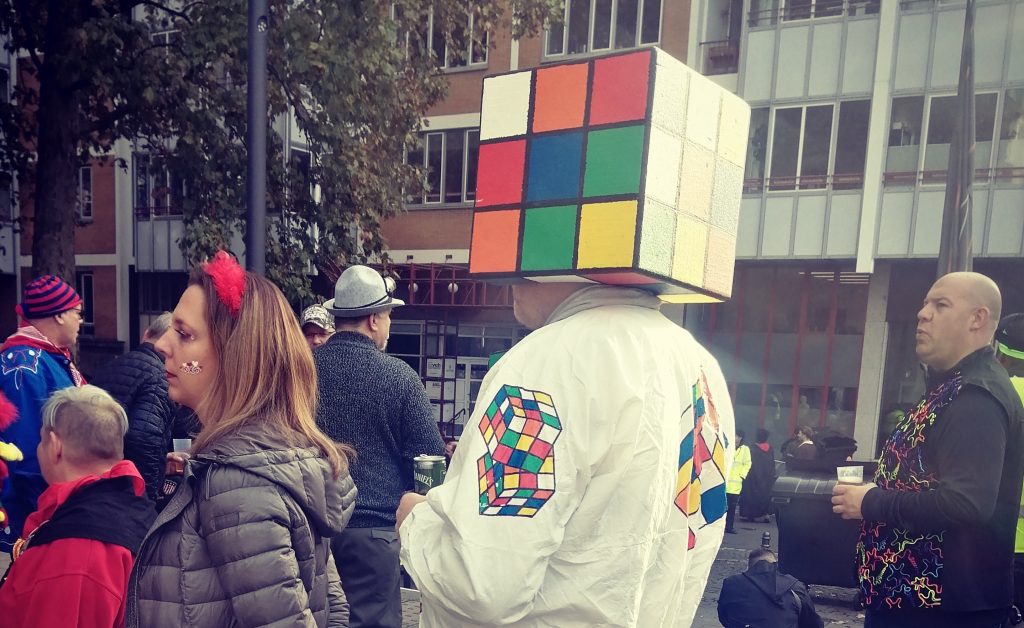This post is also available in Dutch.
Looks are the first available information
Clothing style, posture, and attitude are among the first things you perceive when you meet someone new. And, inevitably, we all acquired and built associations between appearances and preconceived ideas of what looks generally reveal about a person according to the norms of mainstream society. Therefore, it’s no surprise that we tend to make a first judgement based on these superficial observations. A good example of a common stereotype based on looks is that the more conventionally and neatly you dress, the more reliable and intelligent you are. Although it is only a first judgement that will change as people get to know each other, this may induce a form of discrimination.
However, this social phenomenon is highly context dependent. A person with dreadlocks in casual clothes at the Wall Street Exchange will be stared at for the wrong reasons. Now, if we turn things upside down, someone wearing a chic suit, a leather suitcase, and a pair of moccasins entering a Hip-Hop dance battle will be perceived as having no credibility either. Generally, what’s different is often initially rejected.
Dress to impress… yourself!
What is more surprising is that people seem to express the same biases when describing themselves based on their appearance. Behavioral experiments in which people were asked to dress in a certain style (more or less casual/formal, tight/loose, uniform/no uniform) showed that they tended to judge themselves according to the same stereotypes. This suggests that our representations associated with clothing style are systematic and internalized. The fact that our outfit has power over the way we see ourselves is no breaking news. However, we’ll see that this effect appears to be enhanced by uniforms.
Wearing uniforms can control your way of thinking
Several research studies suggested that wearing uniforms triggers specific changes in behavior. A behavioral experiment randomly assigned 96 undergraduate students to either a “white-coat” or “no-coat” group. All participants performed working-memory tasks that included a distraction (testing how well they controlled their attention). In the “no-coat” group (control), people who showed weak attentional control performed better at problem-solving (which requires associative thinking, or the ability to divide attentional capacity). However, overall, the “white-coat” group exerted a stricter control of attention and, instead, were particularly bad at problem-solving. This indicates that wearing a white lab coat affected participants’ way of thinking (more controlled, less creative).
Wearing uniforms can change decision-making
Now, a more worrying study considered the effect of wearing police uniforms on shooting decision in a video game simulation in 191 undergraduate students. Participants had to make rapid decisions on whether to shoot a target. The target represented a man, either armed (i.e., holding a gun) or unarmed (i.e., holding an object). The group wearing uniforms produced more false alarms (i.e., mistakenly shooting unarmed targets) than did the control group.
Overall, it appears that uniforms that represent a high degree of responsibility are associated with more controlled attention and more automatic power to act.
Feeling different about yourself in a certain outfit or uniform is not necessarily evil. However, raising awareness that looks should never define a person in neither our minds nor actions is crucial.
Author: Kim Beneyton
Buddy: Floortje Bouwkamp
Editor: Christienne Damatac
Translation: Felix Klaassen
Editor translation: Wessel Hieselaar
